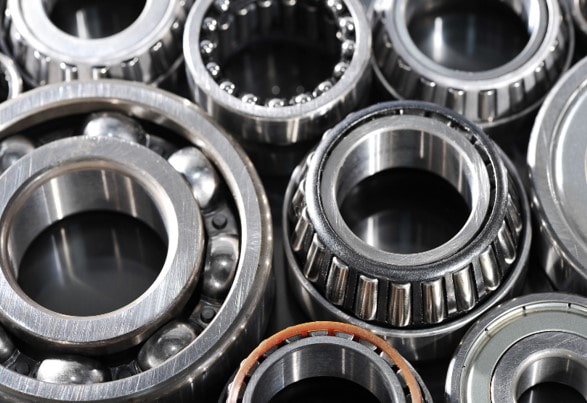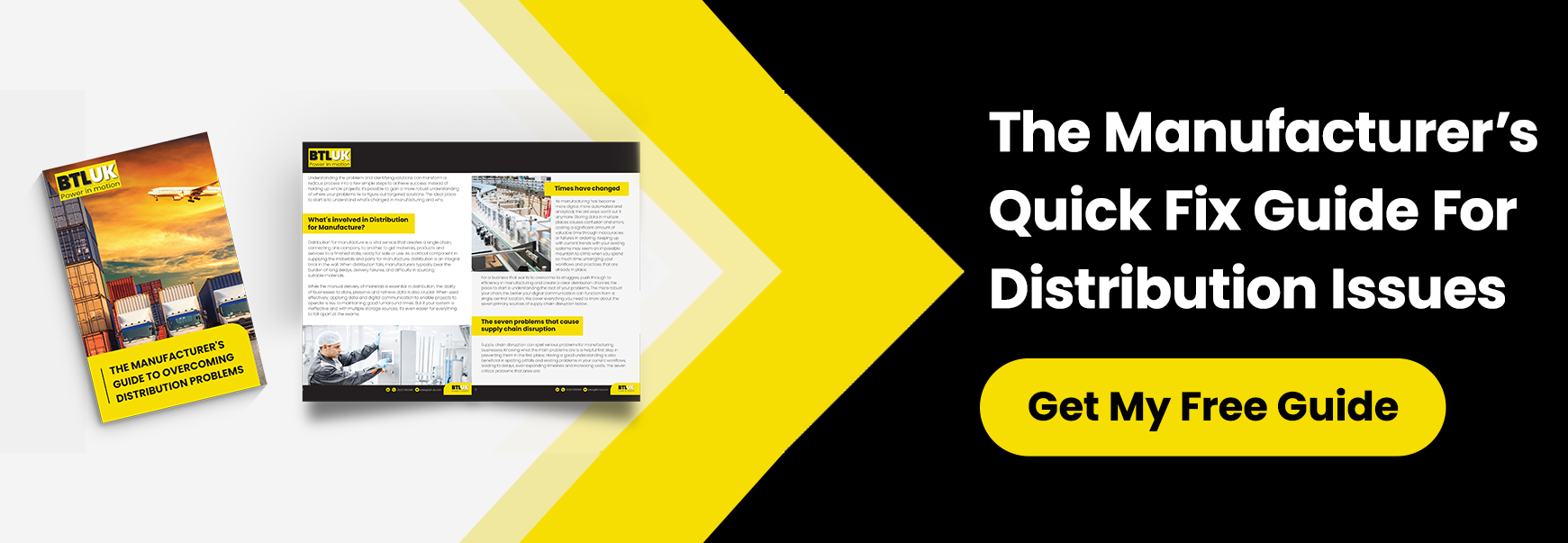
Roller Bearings VS Ball Bearings. Which One Is Best For Your Needs?
When it comes to selecting the right bearing for a power transmission or motor transfer application, there are two main types to consider: roller bearings and ball bearings. Ball bearings use small spherical metal balls to reduce friction between two surfaces and are the most common types of bearing used in industrial applications.
Roller Bearings work in a similar way to ball bearings but use cylindrical rollers as their means of transferring motion instead.
In this article, we will provide a detailed comparison between these two types of bearings, considering their advantages and disadvantages, as well as the different applications they are used in.
Load Capacity And Speed
-
Roller bearings: These bearings have a higher radial load capacity, making them more suitable for heavy machinery and applications with heavy loads, such as industrial conveyor belts, automotive drivetrains, and heavy transmissions. However, due to their design, roller bearings usually have a lower maximum rotational speed compared to ball bearings.
-
Ball bearings: Ball bearings are known for their lower running friction, which allows them to achieve higher rotational speeds. This comes at the expense of radial load capacity, which is generally lower than that of roller bearings.
Environmental Factors And Lubrication Requirements
-
Roller bearings: Roller bearings tend to have larger contact areas between the rolling elements and the bearing races, which can require more lubrication and maintenance to ensure continued smooth operation. This also means they can be more sensitive to contamination and debris, so proper sealing and cleanliness are crucial for the longevity of roller bearings.
-
Ball bearings: Due to their smaller contact surface areas, ball bearings often need less lubrication and aren’t as susceptible to contamination than roller bearings. However, they are at greater risk of damage from impact loads if not adequately protected.
Common Industrial Applications
Roller bearings: Heavy machinery, construction plant, and manufacturing/processing equipment with high load bearing capacities often utilise roller bearings. These include conveyor belts, large electric motors, mining equipment, construction vehicles and industrial gearboxes. Their high load capacity makes them well-suited to support the substantial weight and force exerted by these machines.
Ball bearings: Applications with lower load capacities and higher rotational speed requirements, such as small-scale electric motors, pumps, and turbines, regularly make use of ball bearings. Ball bearings are often used in household appliances, power tools, and computers. Their ability to operate at high rotational speeds and low internal friction make them a preferred choice for these applications.
Request A Quote
BTL UK are one of the UK’s leading manufacturers of bearings, power transmission, and linkage products, with a broad selection of high-quality roller bearings and ball bearings suitable for a variety of industrial applications. To request a quote, please get in touch today.
Image Source: Canva






